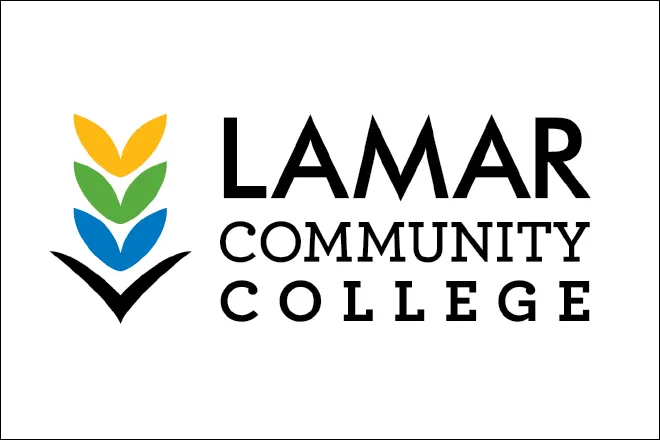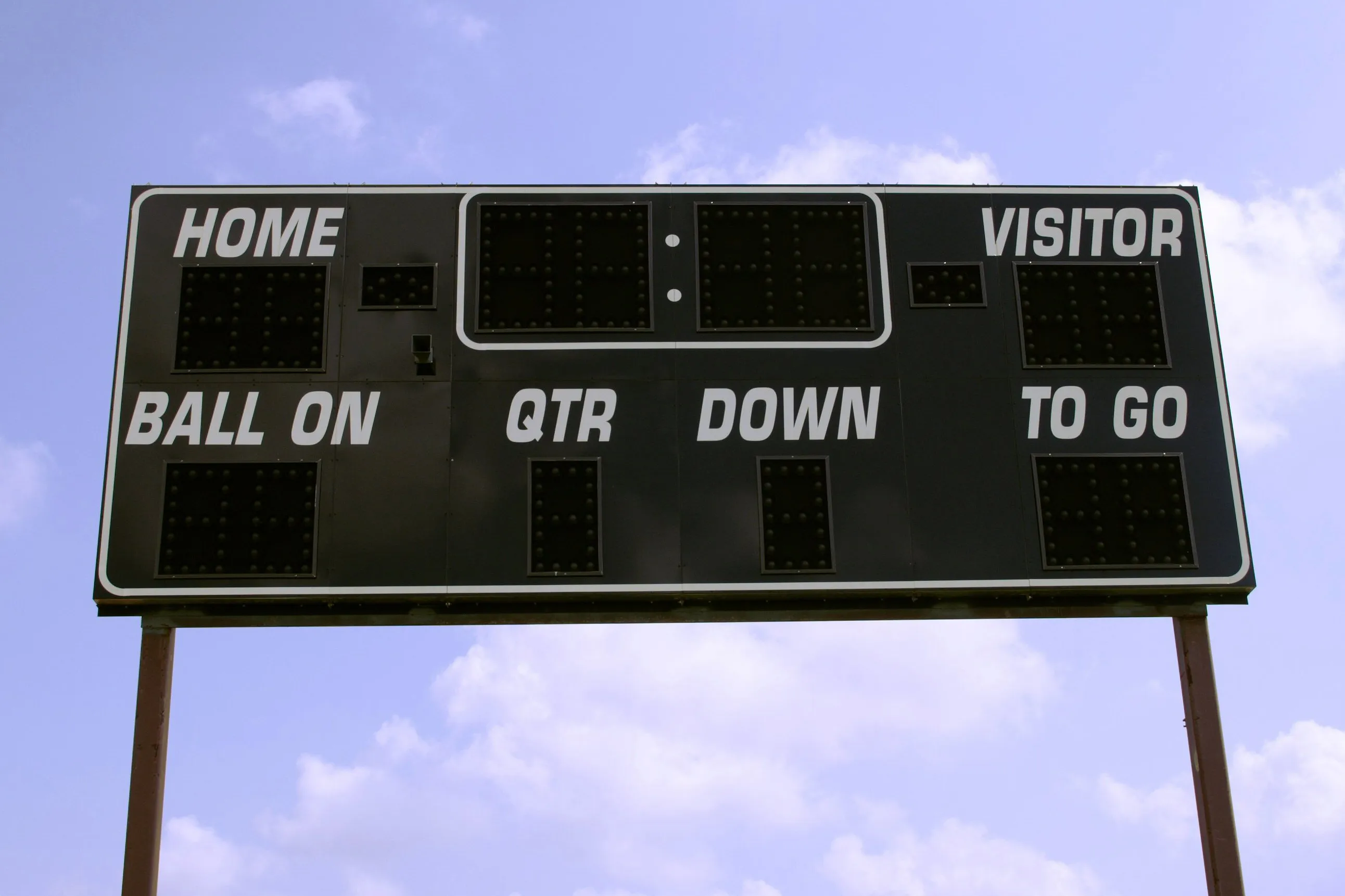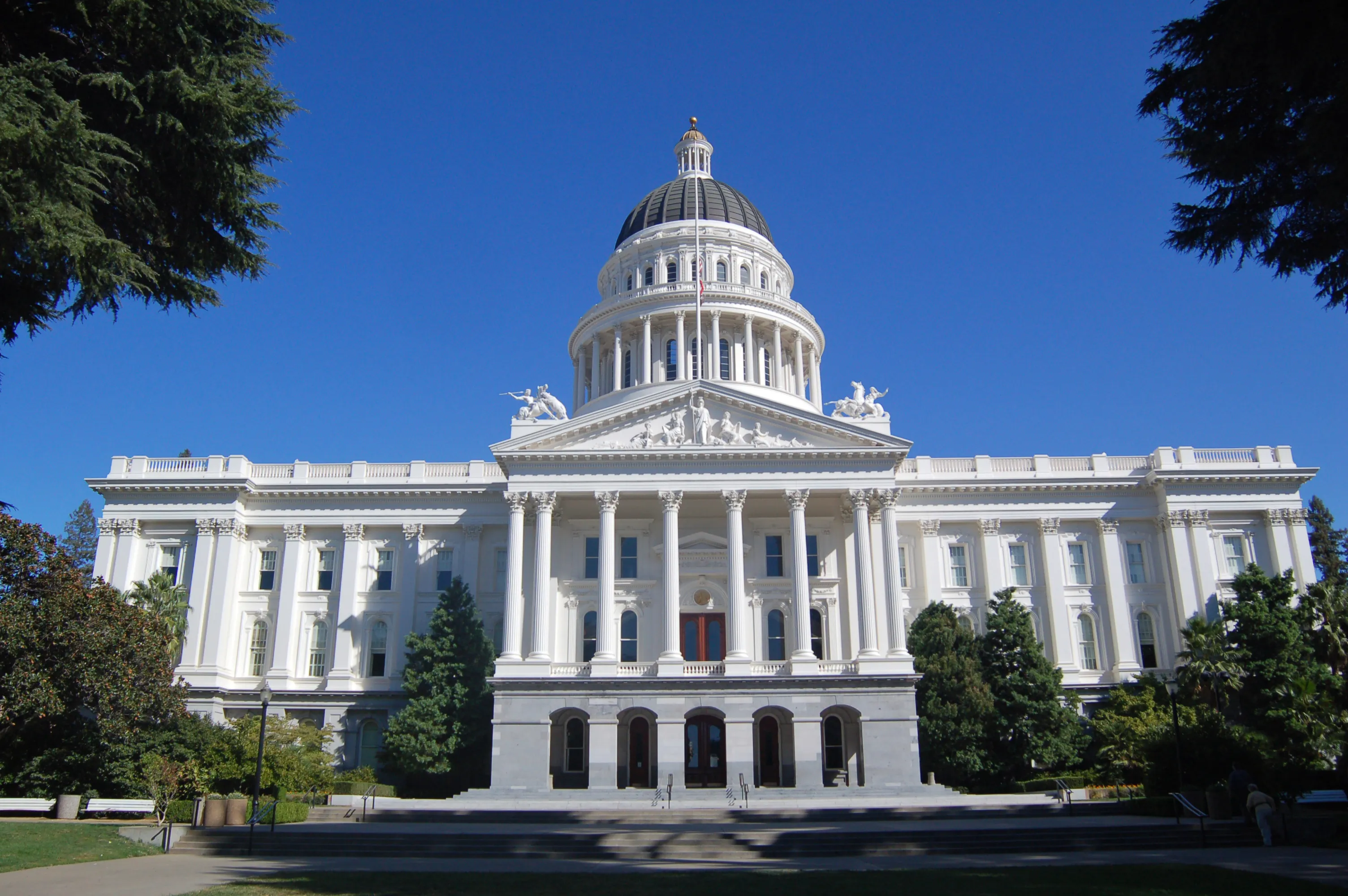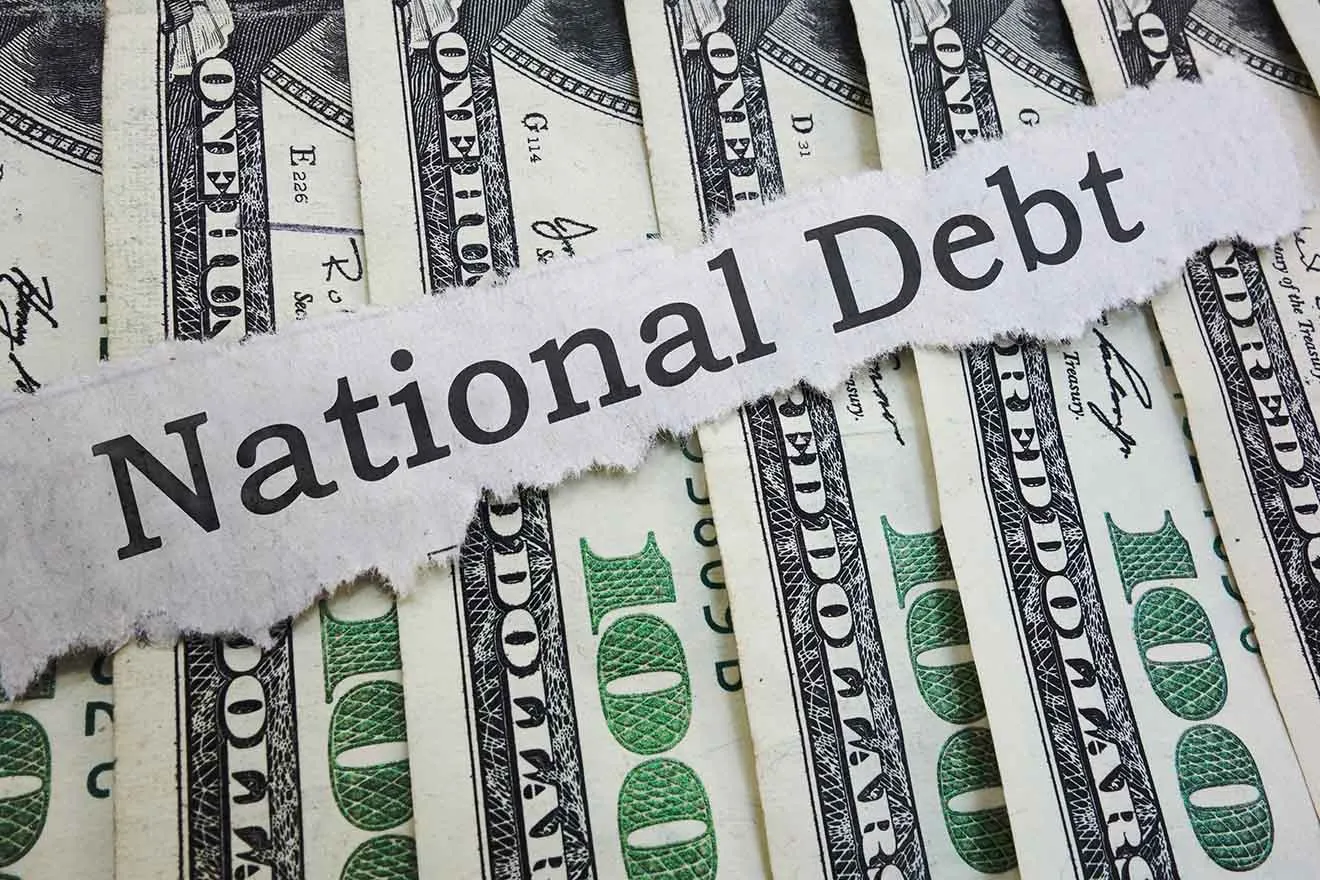
New Nebraska property tax relief petition adds push for $50K base salary for public school teachers
© iStock - Ligorko
A group of advocates who launched a petition drive last month aiming to cut property valuations in half are now also asking that voters approve the state pay all of Nebraska’s public school teachers at least $50,000 per year.
The new nonprofit “Advocates for All Nebraskans” launched two petitions in August, one intending to amend state law to halve the percentage of a property’s valuation subject to property taxes after 2026 and another to revise the Nebraska Constitution to add a cap on property valuation increases at no more than 3 percent or the growth level of the state’s general fund receipts, whichever is less.
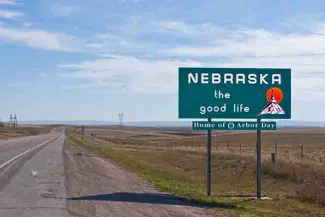
© iStock - wellesenterprises
Monday, the group announced a third petition focused on guaranteeing a competitive base salary for all of Nebraska’s public school teachers. The proposal for a state-funded $50,000 base teacher salary was dubbed, “The APPLE plan” by members, which stands for “Assist Property Payers through Legislative Education support.”
“This plan is not a dream,” said Eric Underwood, the former chair of the Nebraska Republican Party and a leader of the petition drive. “It’s a blueprint for Nebraska.”
The three petitions will now gather signatures in hopes of making it onto Nebraska’s 2026 general election ballot. The two petitions seeking to change state law require just over 88,000 signatures — representing 7 percent of registered Nebraska voters — while the one seeking to amend the state constitution needs roughly 125,000 signatures — representing 10 percent of voters.
Eric Underwood presents Advocates for All Nebraskans’ third petition drive for the 2026 ballot. (Erin Bamer/Nebraska Examiner)
Ballot initiatives also need qualified signatures from at least 5 percent of registered voters in 38 of the state’s 93 counties. All signatures must be submitted to the Nebraska Secretary of State’s Office by early July.
Leading the effort along with Underwood is State Board of Education member Kirk Penner of Aurora, former Nebraska State Patrol Superintendent Tom Nesbitt of Lincoln and former Lincoln talk radio host Doug Fitzgerald.
In a campaign press release, Penner said the plan is designed to ensure K-12 schools are properly funded while moving them away from heavy reliance on property taxes.

Underwood argued offering a $50,000 base salary could make much of the state’s controversial school funding formula — known as the “Tax Equity and Educational Opportunities Support Act,” or TEEOSA — obsolete.
He said having the state cover the costs of offering all teachers a $50,000 salary would cost roughly $1.2 billion, which is about equal to the total state aid allocated to districts under TEEOSA for the 2025-26 school year.
Since a majority of most school district budgets are allocated to teacher salaries, Underwood claimed the proposal would allow some districts to cut levy rates nearly in half. However, he said the group would still like the state to continue providing foundation aid of $1,500 per student that the Nebraska Legislature approved several years ago.
Underwood said the group did not consult with members of Nebraska’s new School Financing Review Commission on this proposal, as the group is more focused on proposing improvements within the existing formula.
Underwood said the reason why Nebraska is struggling with a years-long teacher shortage is because it doesn’t offer competitive salaries compared to other states. Penner noted that 30 states already offer a base teacher salary, including Iowa which had a base salary of $47,500 for 2024-25 full-time teachers, and $60,000 for teachers with 12 or more years of experience.
“I hate losing football games to Iowa,” Penner said. “And I don’t want to lose our teachers to Iowa as well.”
Underwood claimed Nebraska’s average starting teacher salary is in the lower range of $40,000, while the overall average salary is around $56,000. He said teachers who are already paid more than $50,000 per year can still continue to be paid more, but it would be up to individual districts to cover the difference.
“The idea is that the state should fund the stability,” Underwood said. “The local communities provide the excellence in education.”
A total of $5.3 billion in property taxes was assessed statewide in each of the past two years. A 50 percent reduction would mean a property tax savings of more than $2.6 billion. The proposed caps do not detail how or whether the state would make up the local school funding being lost.
It would also mean a significant drop in revenues going to the state and local governments across Nebraska. Underwood acknowledged that some local governments may seek to raise their levy rates to make up the difference, but a large enough increase would require a vote of the people. This puts the conversation about tax rates back in the local arena, he argued.
While the proposals would reduce property tax revenue, Fitzgerald argued lost revenues could be balanced through increased economic activity. The property tax relief measures would give Nebraskans statewide more money to spend, and Underwood estimated it could generate about $150 million in extra sales tax revenue.
“When Nebraskans have more, they spend more,” Fitzgerald said.





